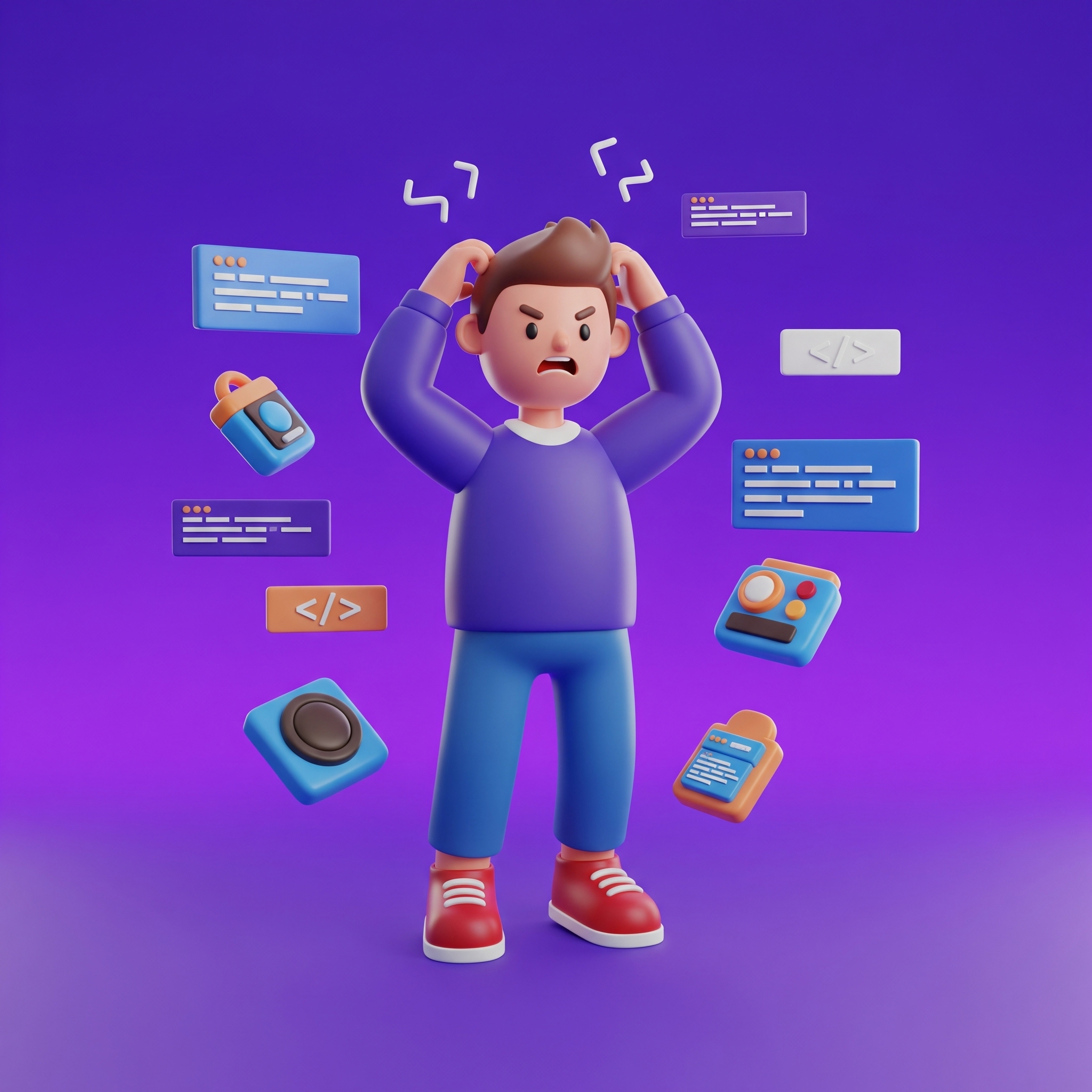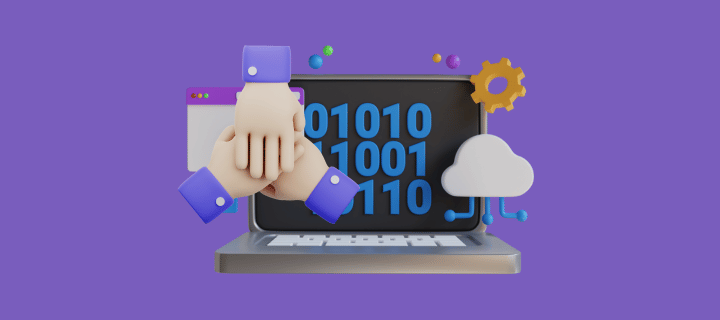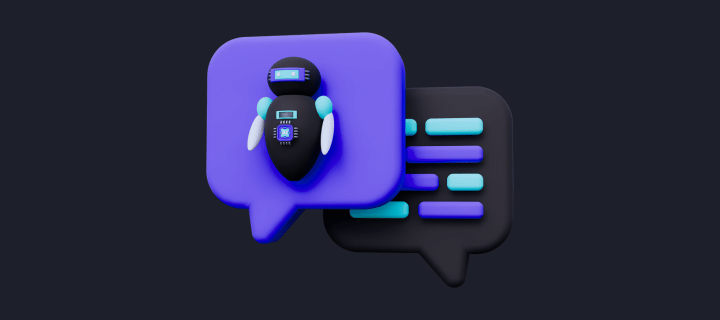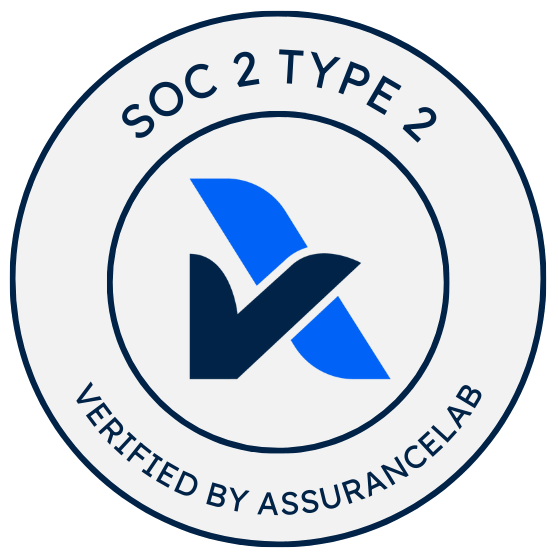
The Future of Code Collaboration: AI is Changing the Game for Remote Teams
AI revolutionizes remote code collaboration, but will it be the ultimate game-changer for teams working from afar

TL;DR:
- Collaboration Evolution: Code collaboration has evolved from debugging marathons in basement offices to AI-enhanced teamwork.
- AI in Collaboration: AI isn’t a replacement but a toolkit—offering intelligent code reviews, automated bug detection, and smart code suggestions.
- Intelligent Code Reviews: AI-assisted reviews help catch overlooked errors and improve overall code quality.
- Automated Bug Detection: AI tools identify patterns and potential issues before they cause problems.
- Smart Code Suggestions: AI-powered recommendations help developers write cleaner, more efficient code.
- AI in Remote Work: AI bridges time zones, streamlines async collaboration, and supports distributed teams.
- Future of Collaboration: AI works alongside developers, enhancing productivity and freeing up time for creative problem-solving.
Code collaboration: then and now
Every developer has a story about late-night debugging sessions. My first was in a basement office, surrounded by teammates in hoodies, scrolling through thousands of lines of code to track down a stubborn bug. It was frustrating, but the shared effort made it memorable. Back then, collaboration relied on long meetings, email chains, and trial-and-error debugging.
Today, tools like Git, Slack, and CI/CD pipelines have transformed the way we work. AI is the next step in this evolution, helping teams collaborate more effectively by automating tedious tasks and catching issues early. The shift from manual code reviews to AI-assisted collaboration means fewer bottlenecks and a smoother development process.
AI and code collaboration: the fundamentals
At its core, AI in code collaboration is an extension of the tools we already rely on. Just as version control systems manage concurrent changes, AI enhances code collaboration by offering real-time insights and automation. It’s not about AI replacing developers—it’s about making workflows more efficient.
AI-powered tools address common challenges in software development, from reviewing code to catching bugs and suggesting optimizations. Instead of spending hours manually searching for errors, developers can focus on improving code quality and shipping faster. Platforms like PullFlow integrate AI into existing workflows, helping teams collaborate without friction.
Intelligent code reviews and the battle of bugs
Code reviews are essential for maintaining quality, but they can be time-consuming. AI-assisted code review tools act as an extra set of eyes, highlighting potential issues before they reach production.
I once worked on a project where a simple off-by-one error caused unexpected behavior. Despite multiple review rounds, the mistake went unnoticed—until a junior developer spotted it. AI-powered tools like PullFlow AI provide that fresh perspective at scale, catching errors early so teams can focus on high-impact decisions.
Automated bug detection: the AI-driven detective
Bugs don’t always announce themselves. Some appear only under specific conditions, making them difficult to catch through manual testing. AI-powered debugging tools analyze code patterns, detect anomalies, and flag potential issues before they become production headaches.
Tools like Facebook’s Infer and Google’s FindBugs leverage machine learning to predict where errors might occur based on past issues. This proactive approach helps teams write more reliable code without spending excessive time debugging.
Smart code suggestions: AI as your coding sidekick
A great mentor asks the right questions and nudges you toward better solutions. AI-driven code suggestion tools work the same way. By analyzing billions of lines of code, they offer relevant recommendations as you write, reducing context switching and improving efficiency.
AI-powered assistants like Copilot integrate directly into your IDE, helping you write cleaner, more efficient code without disrupting your workflow. While they don’t replace human expertise, they provide valuable support—especially for teams balancing speed and quality.
Remote collaboration: bridging distances with AI
Distributed teams bring flexibility but also challenges—async communication, time zone mismatches, and lost context. AI helps bridge these gaps by summarizing code changes, flagging potential issues, and automating routine tasks.
Imagine a teammate commits changes while you’re offline. Instead of waiting for a review, AI can analyze the update, highlight key modifications, and provide suggestions. When you log in, you have all the context you need to make informed decisions. This kind of efficiency is crucial for remote-first teams.
For companies embracing async collaboration, AI-powered workflows—like those enabled by PullFlow—ensure nothing falls through the cracks.
The future is collaborative
AI in code collaboration isn’t about replacing developers—it’s about making collaboration more effective. From reducing manual overhead in code reviews to improving async workflows, AI helps teams ship better code, faster.
As we integrate AI into our daily development workflows, the focus shifts from tedious debugging to creative problem-solving. The best collaboration happens when developers have the right tools to support their work, and AI is becoming an essential part of that toolkit.
Code collaboration has come a long way, and the next chapter is just beginning. The key is to leverage AI as an enabler—one that amplifies human ingenuity rather than replacing it. Whether you’re working in a distributed team or fine-tuning your workflow, AI-powered tools like PullFlow can help you stay productive and focused on what really matters: building great software.


